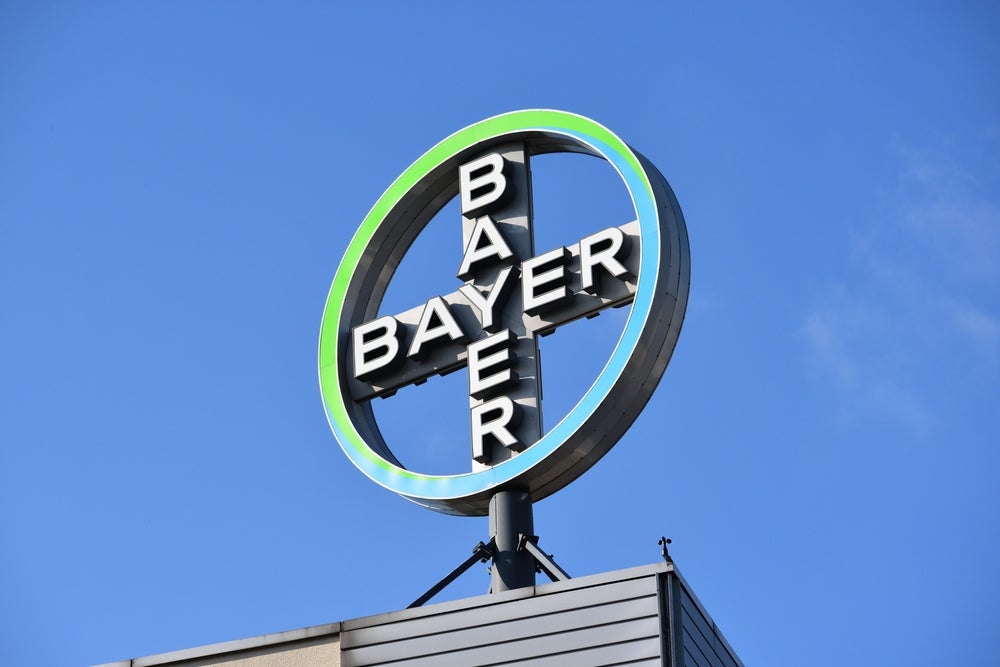US-based biopharmaceutical company AceLink Therapeutics has reported findings from a Phase I clinical trial of AL01211, which is being developed as a treatment for Fabry disease and Type 1 Gaucher disease.
AL01211 is an oral glucosylceramide synthase (GCS) inhibitor that differs from other GCS inhibitors due to its potential for minimal penetration into the central nervous system (CNS).
This allows it to deliver therapeutic benefits to peripheral organs while mitigating the risk of CNS-associated adverse effects.
The trial had single ascending-dose and multiple ascending-dose arms to assess the pharmacokinetics (PK), safety and pharmacodynamic (PD) effects of AL01211 in healthy subjects.
AL01211 was found to be generally safe and well-tolerated without causing any serious adverse events.
At a 30mg dose level, significant reductions in plasma glucosylceramide and globotriaosylceramide were observed, with decreases of 78% and 52% from baseline levels respectively.
AceLink Therapeutics CEO and founder Jerry Shen said: “These results highlight the transformative potential of AL01211 as a best-in-class GCS inhibitor.
“Our Phase I study provided the critical safety and biomarker data to support our ongoing Phase II clinical trial in patients with Fabry disease.”
AceLink Research and Early Development vice-president Michael Babcock said: “These data reinforce our commitment to provide more convenient and more effective therapeutic options to patients suffering from glycosphingolipid storage diseases such as Fabry disease.
“The insights gained from this study have set us up nicely to test the therapeutic benefits of AL01211 in patients.”
The results come after AceLink began a Phase II open-label trial of AL01211 in October last year.
The Phase II study is assessing the drug's safety, PK and PD in males with classic Fabry disease who have not previously received treatment.
AceLink dosed the first subject in this trial in November last year and expects to report topline data in the second half of this year.
















